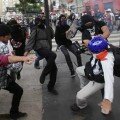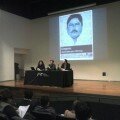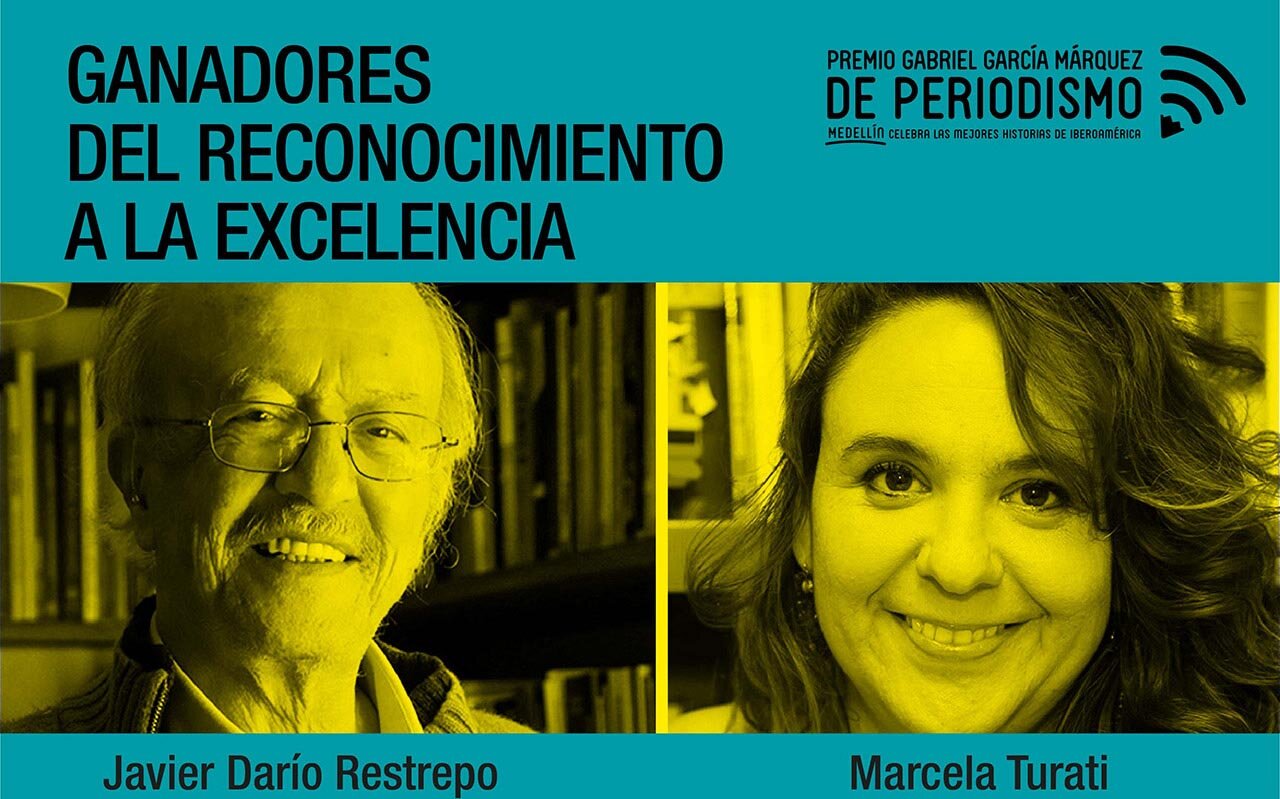RSF / diario19.com
Burglars remove computers, files and notebooks, after disconnecting surveillance cameras
Reporters Without Borders calls for more protection for the staff of Contralínea, a Mexico City-based independent magazine whose offices were broken into and ransacked on the night of 23 June, two months after a break-in at the home if its editor, Miguel Badillo.
Before removing computer equipment and files from Contralínea’s offices, the unidentified burglars cut the cables of the surveillance cameras that the Mexico City prosecutor’s office installed in 2012 under the Federal Protection Mechanism for human rights defenders and journalists.
The security measures had been requested by the United Nations and the Inter-American Commission on Human Rights (IACHR), which were alarmed by the previous attacks on the magazine’s premises and personnel.
After the latest break-in, the magazine’s management filed a complaint with the prosecutor-general and requested that the protective measures be extended to all of its staff.
Badillo told Reporters Without Borders that no fewer than 19 computers, one video camera, three TV screens and a radio recording device, along with files, computer hard disks and notebooks, were taken during the 23 June break-in.
He said he also reported the break-in that two armed men carried out in his absence at his home on 18 April. So far, the authorities have not identified any motive and the prosecutor-general’s investigation seems to have stalled.
“We call on the Mexican authorities to immediately extend the protective measures and to expand them to cover Contralínea’s entire staff,” said Camille Soulier, the head of the Reporters Without Borders America’s desk. “We also ask the prosecutor-general to ensure that those behind the break-in are quickly identified and punished in order to guarantee respect for Contralínea’s work.”
Break-ins, searches and judicial harassment have become routine for Contralínea. It has repeatedly been sued by companies, including Zeta Gas, Blue Marine Technology and Oceanografía, in connection with its investigative reporting on corruption. Three lawsuits initiated in 2007 are currently being heard.
In December 2013, the IACHR and Mexico’s interior ministry began investigating the various human rights violations against Contralínea’s journalists.
Threats and other acts of intimidation against journalists often lead to fatalities in Mexico, where two journalists have already been killed since the start of the year. Contralínea’s founder, Ana María Yarce Viveros, was found murdered on 1 September 2011 after being abducted as she left its headquarters.
Mexico is ranked 152nd out of 180 countries in the 2014 Reporters Without Borders press freedom index.








